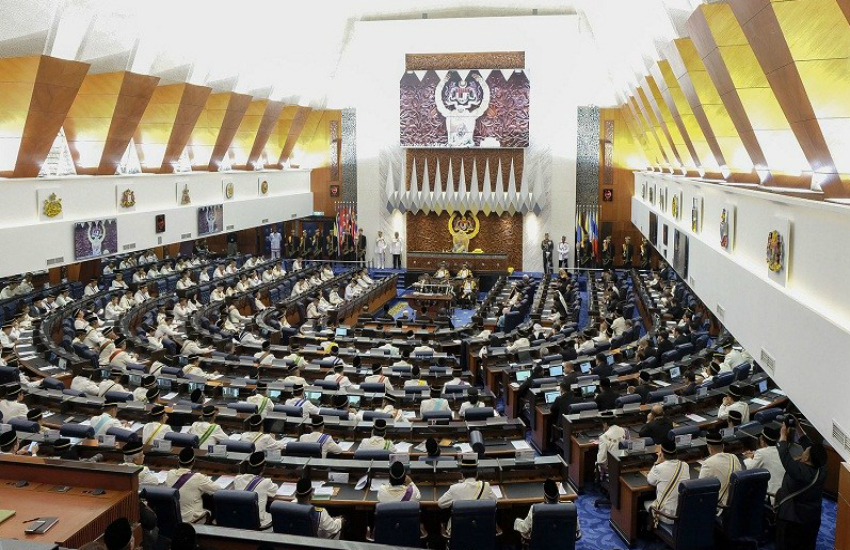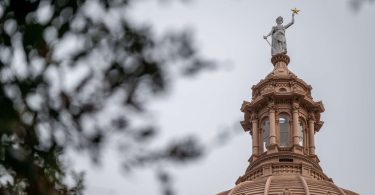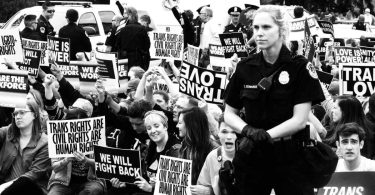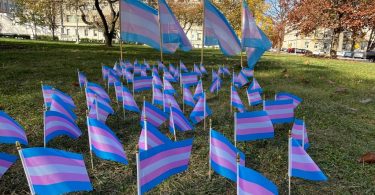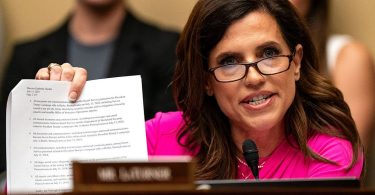The Malaysian Houses of Parliament | Photo: Wikipedia/DannyG15
The verbal sparring among groups with competing agendas over LGBTI rights in Malaysia continues for another day.
The back-and-forth between Islamic leaders and rights groups has intensified over the last week.
Malaysia’s new government, which was voted in on expectations of progress, has managed to please neither side by offering mostly vague responses.
The state government for Negri Sembilan said that they would not recognise LGBTI people as they stand against the teachings of Islam.
‘They can comment on anything about this stance, but we need to be strong because the culture of the whole community and Islam as the official religion according to the constitution should be respected,’ said state chief Aminuddin Harun.
A mufti in the neighbouring state of Pahang went further, saying Malaysia should work to stop LGBTI tendencies from becoming an epidemic, reported Free Malaysia Today.
Abdul Rahman Osman went onto say that LGBTI people were ‘cursed by God’, and there should be no compromise on LGBTI rights in Malaysia.
‘We have to oppose them… but wisely, if we have the power to prevent (the minister, the government) it is easier to do it through law enforcement… not endeavour to understand them instead,’ the mufti said.
Yesterday Malaysia also saw a local judge sentence two women to six lashes of a cane for ‘attempted sexual relations’, and an Islamic preacher saying that trans peoples’ biological sex should determine which toilets they should use.
Gov’t offers vague responses
Several of the country’s government officials have attempted to quell the increasingly heated debate.
However, their comments have often been confusing or even bizarre, and have increased speculation that the government is unsure how to deal with this issue.
Malaysia’s deputy health minister said that LGBTI tendencies are not related to mental illnesses, they are more of an ‘organic disease’.
‘Large numbers of LGBT members (have) organic disease, hormonal disease or disease in the brain’, said Deputy Health Minister Dr Lee Boon Chye.
‘Through MRIs, it can show that it is something physical in the brain that makes them behave that way. So please do not regard LGBT members as sick people or suffering from mental disease. This is a wrong impression,’ the New Straits Times reported the deputy minister saying.
Yesterday also saw human resources minister Mahfuz Omar saying that LGBTI people should not be discriminated against but should instead be helped to return to their ‘original identities’. The minister did not fully clarify what he meant by this term.
Youth and Sports Minister Syed Saddiq Abdul Rahman said that a purported doctor with anti-LGBTI views should be allowed to speak on the basis of free speech.
This was in reference to Nur Ilyani, who wrote an open letter addressed to Malaysian AIDS Foundation patron Marina Mahathir last week, claiming that blood from LGBTI donors was tainted with HIV and other transmissible diseases. Facebook deleted her comments for violating community guidelines, the Malay Mail reported.
The 25-year-old minister is face of the government’s new progressive appearance, but also came under fire last month after his press officer resigned following public outcry over him being openly gay.
The LGBTI saga continues
These are the latest developments in what has turned into an ongoing saga.
Since their election, the Pakatan Harapan government have remained elusive about its approach LGBTI rights.
While there have been statements by ministers which encourage greater understanding of the LGBTI community, very little material change has been enacted.
This came to a head last week, when religious affairs minster Mujahid Yusof Rawa ordered the removal of portraits of two LGBTI rights activists holding the Malaysian national flag at a photography exhibition at the George Town Festival in Penang.
The case made international headlines, and outraged many human rights activists in Malaysia.
Since then, there have been calls from both pro-and-anti LGBTI rights groups, adding pressure on a government caught in the middle.

